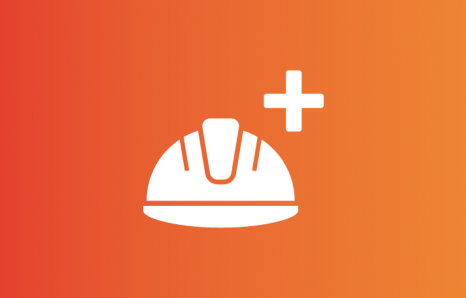Watch this talk on hidden disabilities and how labels and language shape our perceptions. Explore the challenges people face and simple ways to foster inclusivity. Learn to raise awareness, improve accessibility, and create a supportive environment.
You may also be interested in:

Peer Power: Strategies for building supportive communities
George Hamlyn explores Transport for London's approach to authentic peer support, taking you through the history of TfL's peer support program and highlighting the risks of focusing solely on the 'soft and fluffy' side of wellbeing. He provides an overview of TfL's training program, the crucial role of documents, policies, and procedures in ensuring consistency and also discusses the importance of evaluating and holding peer supporters accountable for their actions.

Health and wellbeing data dashboard
Research analysts and health & wellbeing specialists showcase the new dashboard designed to help the rail industry and rail organisations to measure employee wellbeing – with data insights and discussion.

Measuring health and wellbeing performance
How can we capture all incidents of poor health and wellbeing? What factors affect our confidence in the data? How can we use the data to inform health interventions? If you’re involved in measuring health and wellbeing performance, this session answers questions you may have.
